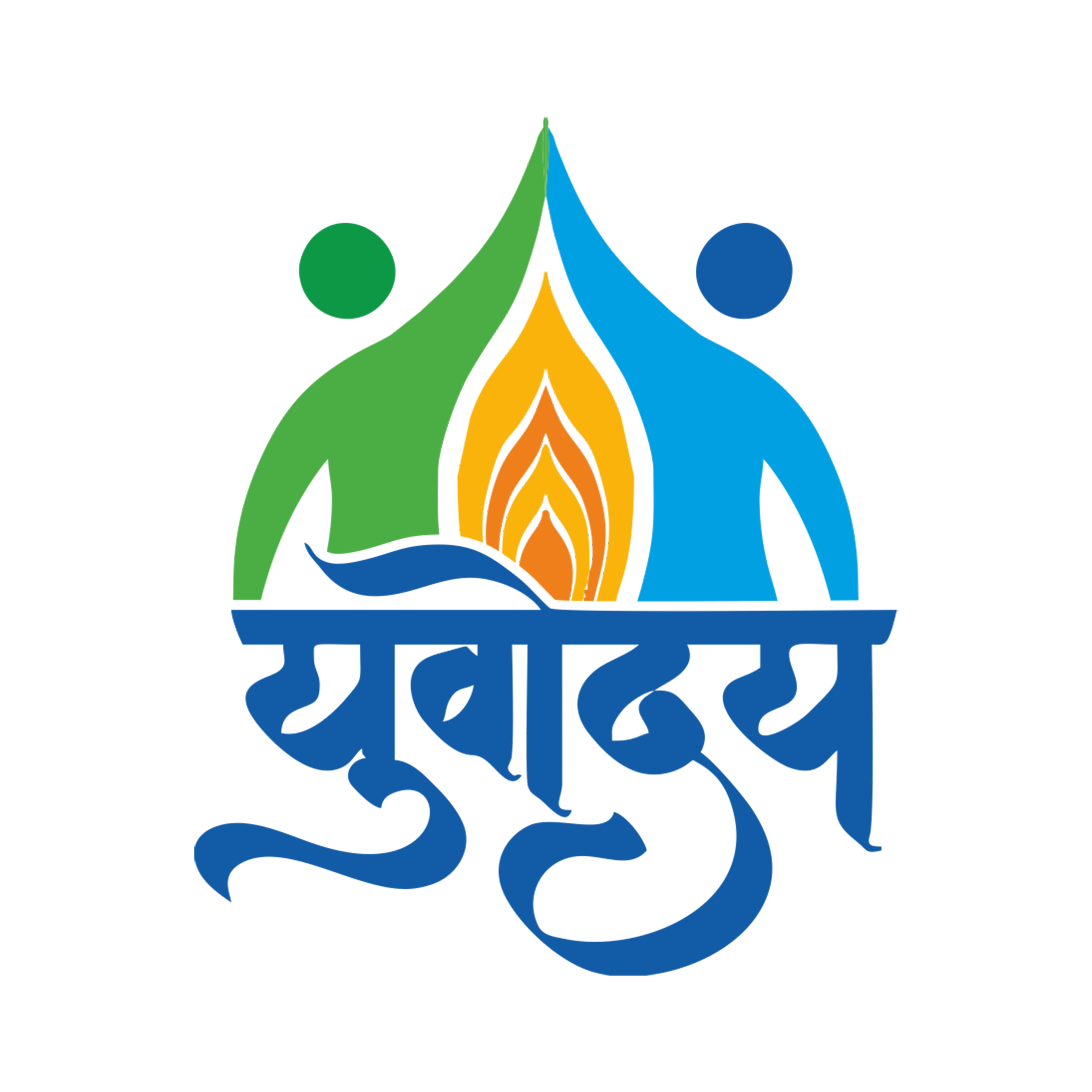
About #Yuvoday
Yuvoday, literally translating to ‘Rise of Youth’, is a volunteering initiative that aims to bridge the gap between administration and citizens. It does so by creating an army of volunteers from local villages and communities who are driven to contribute towards the development of their community, village, district, and state.
Yuvoday is a family of more than 12,000 volunteers across the state, with over 60 percent of them aged between 18-25 years. UNICEF has provided technical support in designing outreach plans and capacity building for volunteers.
With its own branding, the program aims to foster ownership among stakeholders, build recall among citizens, and instill a sense of pride in the volunteers. Yuvoday is a platform that provides youth with the opportunity to contribute to their village and community and become agents of change.
The program's support and guidance have instilled confidence in the youth, bringing about a wave of positive change. A key focus of the initiative is to build social capital among communities. Once empowered with knowledge and skills, these young volunteers will be equipped to support their communities on critical issues like education, health, nutrition, sanitation, climate, and environment for years to come.
The Yuvoday phenomenon and movement are growing day by day. In the past, volunteers have supported the initiative by:
Creating awareness on the prevention of Covid-19 and promoting the uptake of Covid vaccines. Encouraging communities to adopt ODF+ behaviors.
Raising awareness about mental health in conflict-affected areas of Bastar and urban regions. Admitting more than 2,000 malnourished children to NRCs.
Connecting 50,000 people with social security schemes such as UDID, Ayushman cards, job cards, etc.
How is this group formed?
Under the initiative, we aim to connect 5-10 active volunteers in every village and ward of local urban bodies and slums. They can establish a 'Yuva Corner' to meet and plan activities. We encourage them to support frontline workers like teachers, Mitanins (village-community health workers), and Anganwadi workers to generate demand around critical behaviors.